By Marc Choyt
“TNG is so confident of its deposit, and its plan, it wants to bypass the usual bankable feasibility study and go straight into permitting for production — and make the deal with a Greenlandic bureaucracy that’s fresh out of the starting block.” Canadian Mining Journal.” Canadian Mining Journal http://www.canadianminingjournal.com/issues/story.aspx?aid=1000380572&type=Print%20Archives
Now we learn, according to a new article in the Canadian Mining Journal, that TNG is openly attempting to “bypass” (or more accurately break) established laws of Greenland usually governing mining companies. TNG wants the Government of Greenland to grant the company an “exploitation license” in order to commence mining immediately, without providing the usual study.
Until now, Greenlandic mining law specifically requires an independent, bankable feasibility study that calculates the operating life of the mine and describes the business plan of the mining company. In all civil society, natural resource development projects, a bankable feasibility plan is a required legal report that is absolutely critical to community and government understanding. Such a study documents the scope of the environmental and social impacts that will require assessment and mitigation. Without it, regulators and concerned citizens are ‘flying blind’ with no idea of precisely what the company intends to do. There are also no benchmarks for recourse when disasters happen.
Anyone who has followed some of the 36 articles on Greenland’s Apartheid Ruby published on this website, http://www.fairjewelry.org/archives/category/greenland-rubies will recognize that the 16th August Union, which represents small scale Inuit mining in Greenland, has valid concerns over the close relationship between TNG and the BMP. TNG’s proposal to “bypass the bankable feasibility document” is extremely unusual and virtually un-heard of in modern banking and resource development. To use an analogy, it’s like getting married without any wedding vows.
Given the prominence of the article on the TNG website, and the fact that TNG has not published a retraction or correction, we can only assume the information is accurate. Not only has small scale Inuit miners in Greenland been disenfranchised from their Constitutional right to gather and sell gems which was enshrined in their constitution until the documentation of valuable ruby deposits, but the larger mining interest can bypass studies that are foundational in civil society.

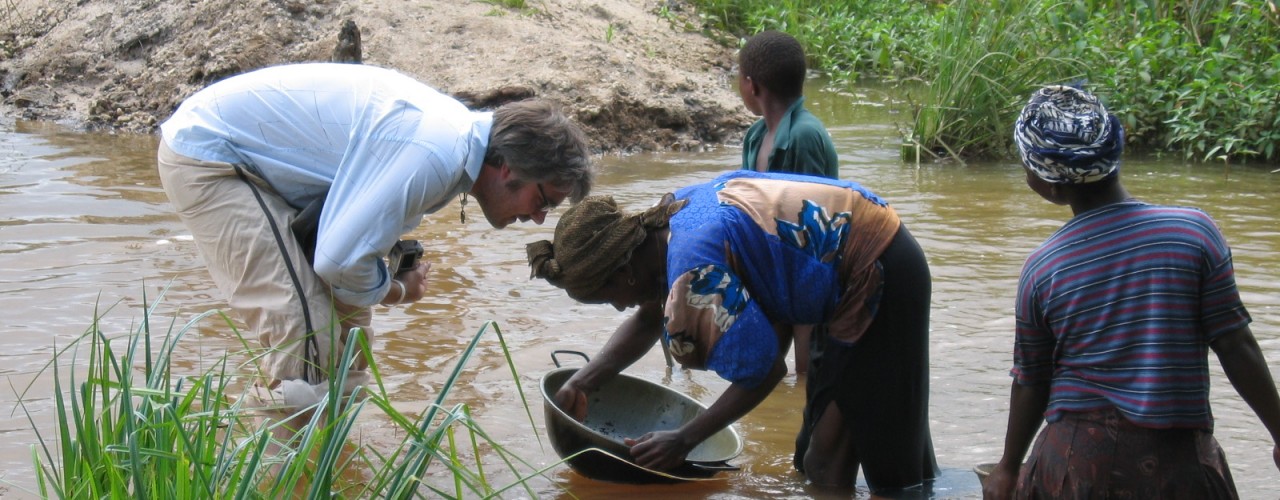

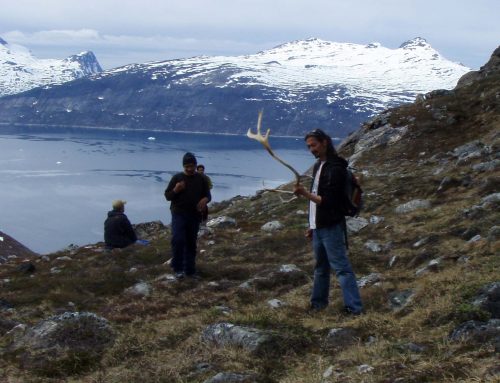
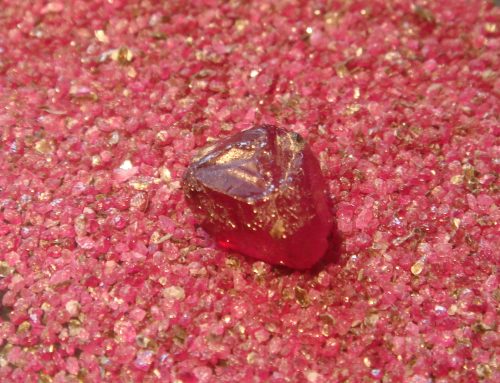
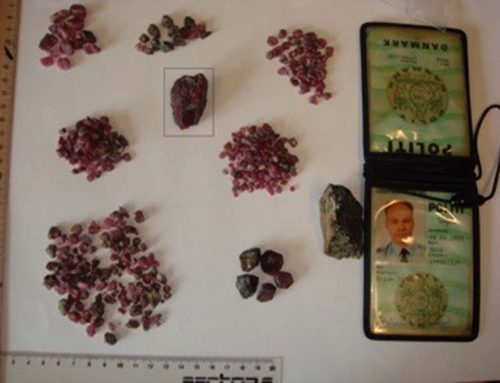
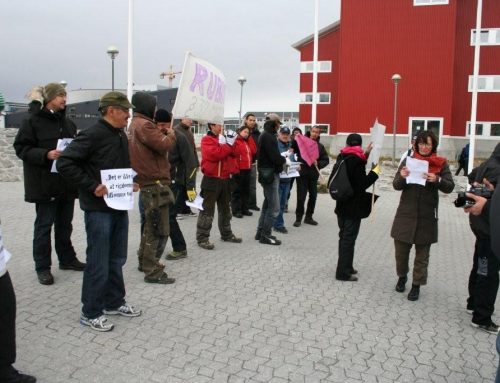
True North is good for Greenland, those deposits would never be mined by locals not in a 1000 years. Get off the soap box and look at the reality.
Dear Jeff,
I disagree with you given our knowledge of the facts surrounding this case. The local miners began to suffer at the hands of the BMP and TNG once they said they wanted to sell the stones internationally. It is precisely the injustice that has occurred that has prevented the ruby wealth of Greenland benefiting the people. Perhaps you would like to declare what your interest in this story is? Are you a share holder of TNG? I only ask as the only people to date that have backed the BMP and TNG in this case have been shareholders or people with a vested interest in Greenlanders not getting access to the Ruby
Yes I have shares of TNG, and have suffered, there is no risk appetite in these markets. Who are these local miners, and how have they suffered? Only when mining companies stake claims, do they appear, along with the ruby wealth of Greenland? How many carats of ruby where sold prior to TNG? 100? worth what $10,000? There is little in the way of environmental impact, and really these are not high grade rubies. So there is really not much to complain about here. TNG should go forward, I can’t believe rock collecting is such a big deal, or way of life to the natives. I haven’t looked at this story in a while, who is BMP?
Dear Jeff, I am sympathetic to your situation. The background in headline terms is that Iniut people have always mined ruby and had a right to do so under the old mineral law institutued by the danish Colonial authorities. The issue sparked when at the request of the then TNG management, miners were arrested, had their stock confiscated and criminalized by the danish. This took place because TNG asked the Bureau for Mines and Petroleum (BMP) to do so. Subsequently laws have been changed to justify illegal actions on behalf of the BMP, the BMP were sanctioned by the Ombudsman of Greenland for ‘acting outside of their power’ court cases have never been tried, ruby has never been returned to its lawful owners and the locals have been suppressed by the danish authorities. In South Africa we called this apartheid. It is the same policy in Greenland. I am afraid TNG Ruby is caught up in this fiasco because they acted in collusion with BMP. This may of course be fresh news to you, but is the dark underbelly of what TNG historically have been involved with.
Hi Greg
Well, this is certainly not a new situation, this happens every where natural resources are found and exploitation pursued. I live in Canada and this is common. I’m for giving the natives there fair shake, but they have to partner up, educate up, and get with the program. Developing these areas is gonna happen, Pebble mine in Alaska will happen even though it is a environmental disaster waiting to happen, on an epic scale, so too are the oil sands in Alberta, but we need the money.
If the natives had their rubies stolen they should be returned, but what is the value, where they gonna cut, carve and sell them? a 1000, 10,000 carats? I don’t think so. I think they need 100 grinding laps and a stone cutting school.
I always liked True North’s story, such a small company and projects, always though the Danes where fair about things, and never believed in the value of diamonds (sorry), and the issues around Burmese ruby.
Why are you so concerned? it’s a long way from South Africa?
Will TNG reach an agreement with the locals? And move into full production? You know the situation better than I.
Its such a small operation, I don’t believe processing is toxic? Gotta be able to work this out. At this point TNG has little or no financial impact on me.
Well Jeff, I think you have highlighted the problem in a nut shell. The idea that natives need to get with the programme, whose programme and on whose terms? It is precisely because the Inuit have quality ruby that they have been attacked by the authorities. To quote a then employee of the BMP ‘We don’t want your kind of people having that kind of money’. This is an apartheid situation very similar to South Africa, unjust, immoral and no-colonialistic. As a Canadian living in Britain I am amazed that so called educated liberal people can enforce such unjust policies on the people and the land. I am concerned because I was invited to Greenland to witness this first hand, have met the people, met the authorities and believe in the justice of their cause.
Well, I don’t want to argue this situation too much more, it a bigger issue than Greenland ruby. I can see you have a cause and that’s great. I’m a little more accepting. Life is not fair, people are violent by nature: since day one to this day, natives cannot win this fight any more than they could stop white men 400 years ago. Sorry this is the reality. People divide them selves by colour, but first by social stature, OJ got a rich white man decision. A lot of thing aren’t right, do you think the Americans would be in Iraq if there was no oil there? This just the way it goes, but are you so sure this is a bad situation? Life continues to get better for billions of people do to globalization. The Chinese and Brazilians have lifted 100’s of millions out of severe poverty in the last 20 years! as a result of globalization. Yet people still rail against it, people who don’t see the bigger picture, usually young people seeking a voice, or some kind of relevance. Or maybe I don’t see the bigger picture, maybe Marx was right. Anyhow the struggle continues, good luck with your fight.
PS: TNG would want these stones branded fair trade (conflict free or whatever it is) to clearly distinguish them from Burmese stones, so they should want to play nice.